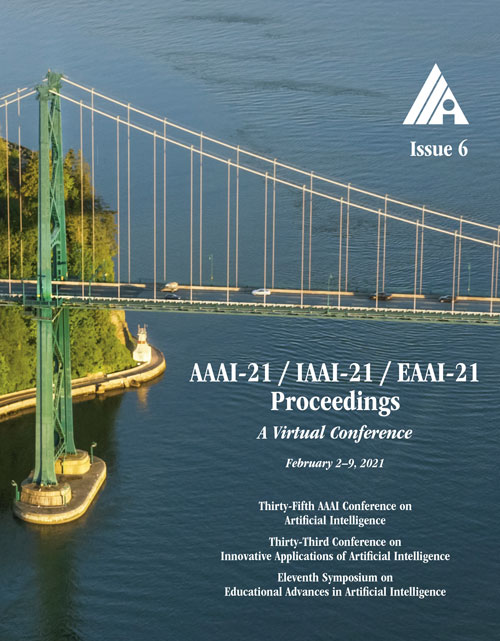Automated Mechanism Design for Classification with Partial Verification
DOI:
https://doi.org/10.1609/aaai.v35i6.16725Keywords:
Mechanism DesignAbstract
We study the problem of automated mechanism design with partial verification, where each type can (mis)report only a restricted set of types (rather than any other type), induced by the principal's limited verification power. We prove hardness results when the revelation principle does not necessarily hold, as well as when types have even minimally different preferences. In light of these hardness results, we focus on truthful mechanisms in the setting where all types share the same preference over outcomes, which is motivated by applications in, e.g., strategic classification. We present a number of algorithmic and structural results, including an efficient algorithm for finding optimal deterministic truthful mechanisms, which also implies a faster algorithm for finding optimal randomized truthful mechanisms via a characterization based on the notion of convexity. We then consider a more general setting, where the principal's cost is a function of the combination of outcomes assigned to each type. In particular, we focus on the case where the cost function is submodular, and give generalizations of essentially all our results in the classical setting where the cost function is additive. Our results provide a relatively complete picture for automated mechanisms design with partial verification.Downloads
Published
2021-05-18
How to Cite
Zhang, H., Cheng, Y., & Conitzer, V. (2021). Automated Mechanism Design for Classification with Partial Verification. Proceedings of the AAAI Conference on Artificial Intelligence, 35(6), 5789-5796. https://doi.org/10.1609/aaai.v35i6.16725
Issue
Section
AAAI Technical Track on Game Theory and Economic Paradigms

